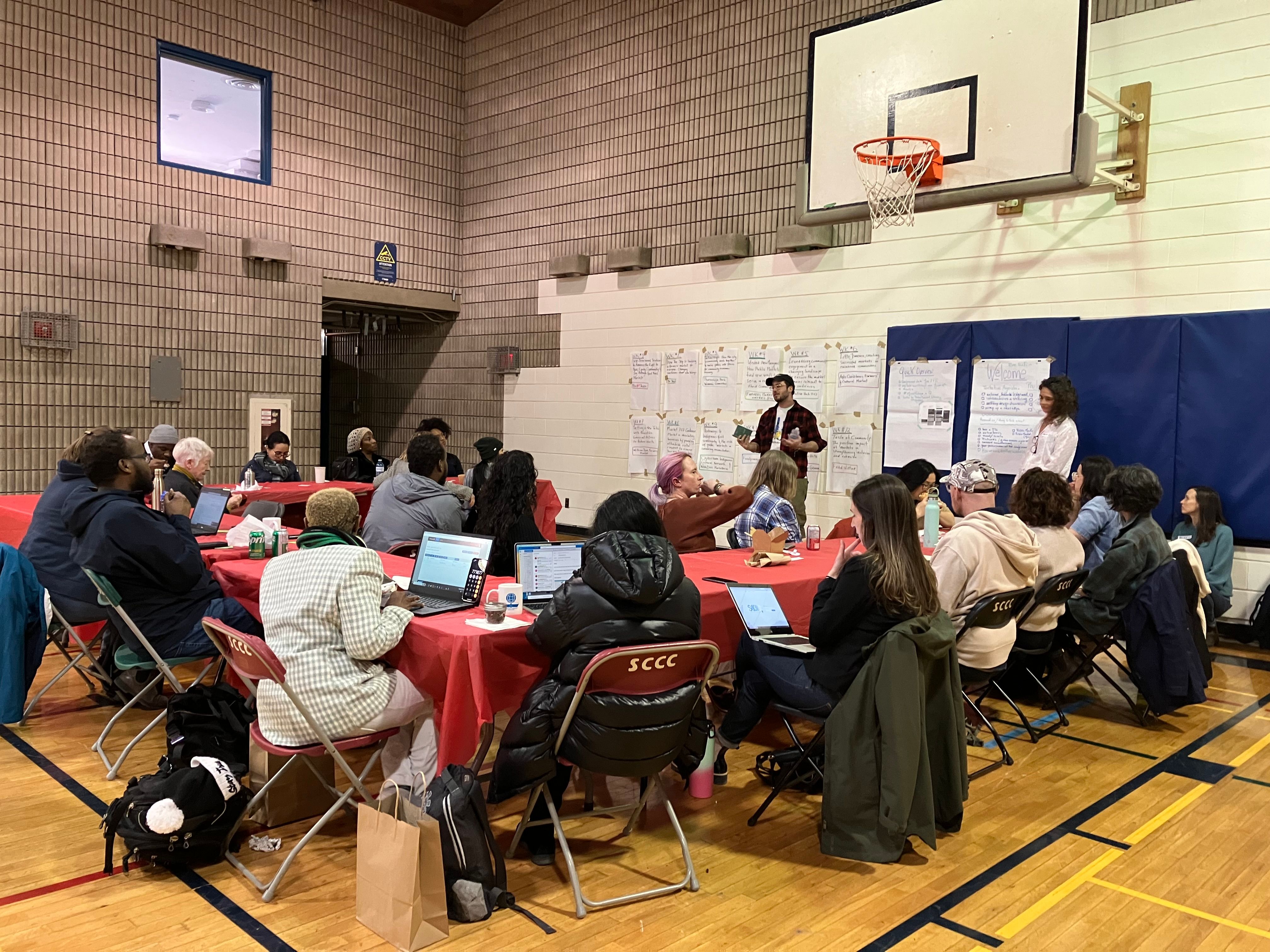
It is all about having a project that allows us to work together and build stronger relationships. That’s why we felt bringing the 11th International Public Market Conference to our city was so important!
What we are doing is not simply a conference! It is a network creation process by which we develop relationships and “small networks” to help us get to where we want to go and build the public market ecosystem our city needs.
A few weeks ago, 12 mobile workshop leads came together for the second time. And brought their partners, and we co-designed their workshops. More importantly, they identified their goal and how these projects, issues and topics will inform Toronto Public Market Strategy. I’m so grateful for everyone that participated. Read more in the Project for Public Spaces blog post, and see how our Toronto approach differs from previous conferences.
We work with Toronto’s intrepid market managers, vendors, city staff and policy-makers to activate the power of markets. Get in touch ->

Marina Queirolo
Public markets & food systems specialist
mqueirolo@marketcityto.org